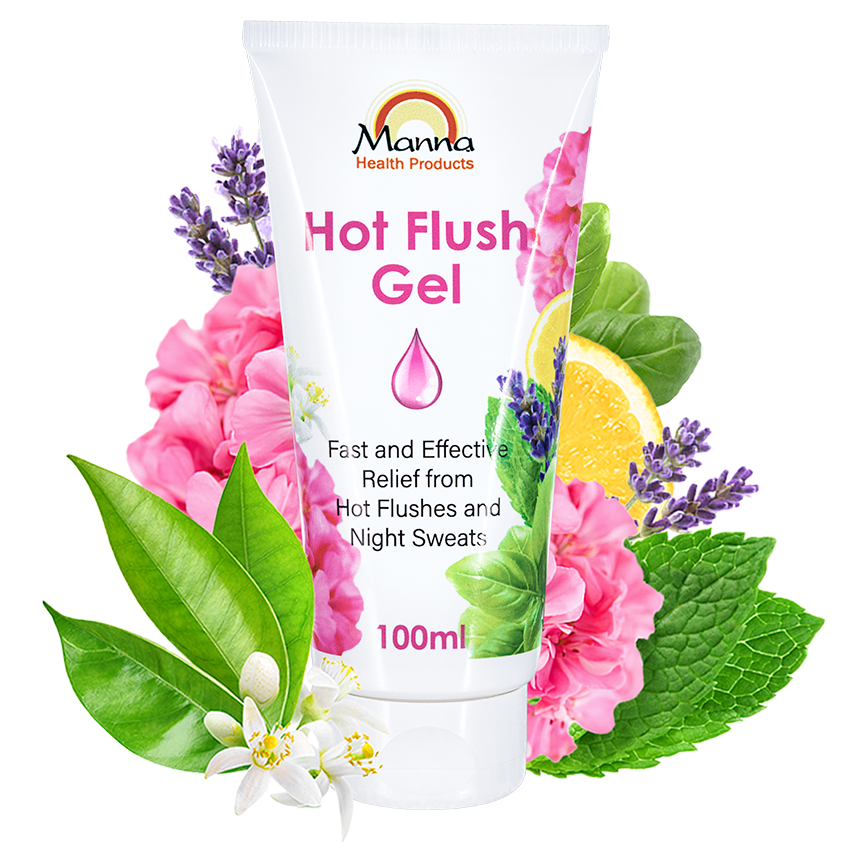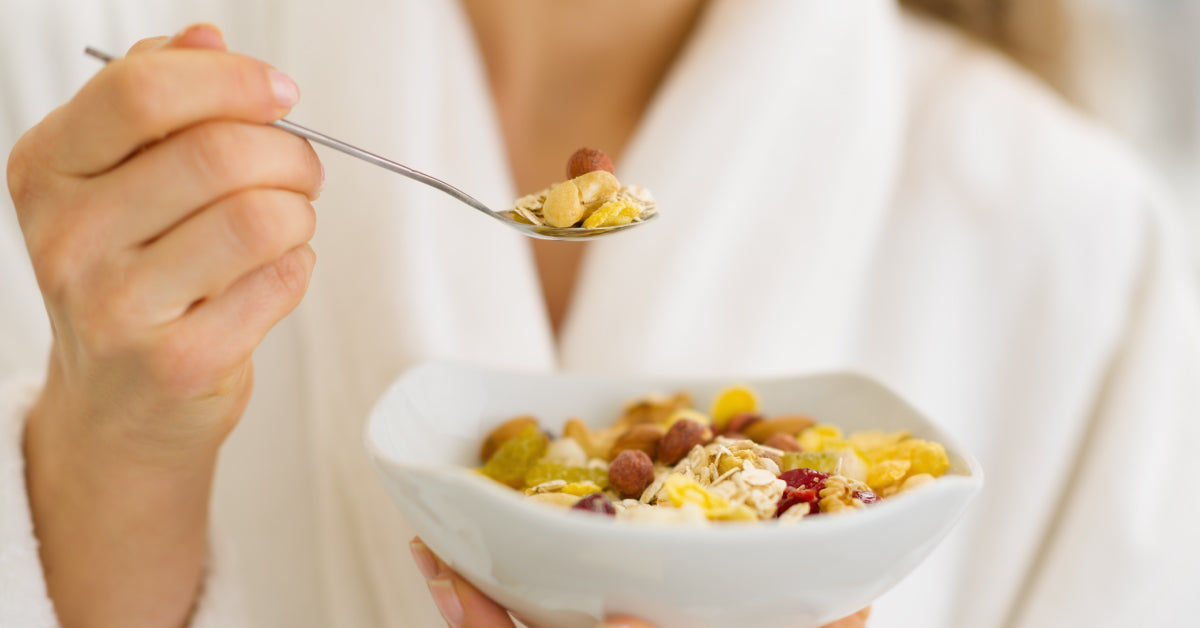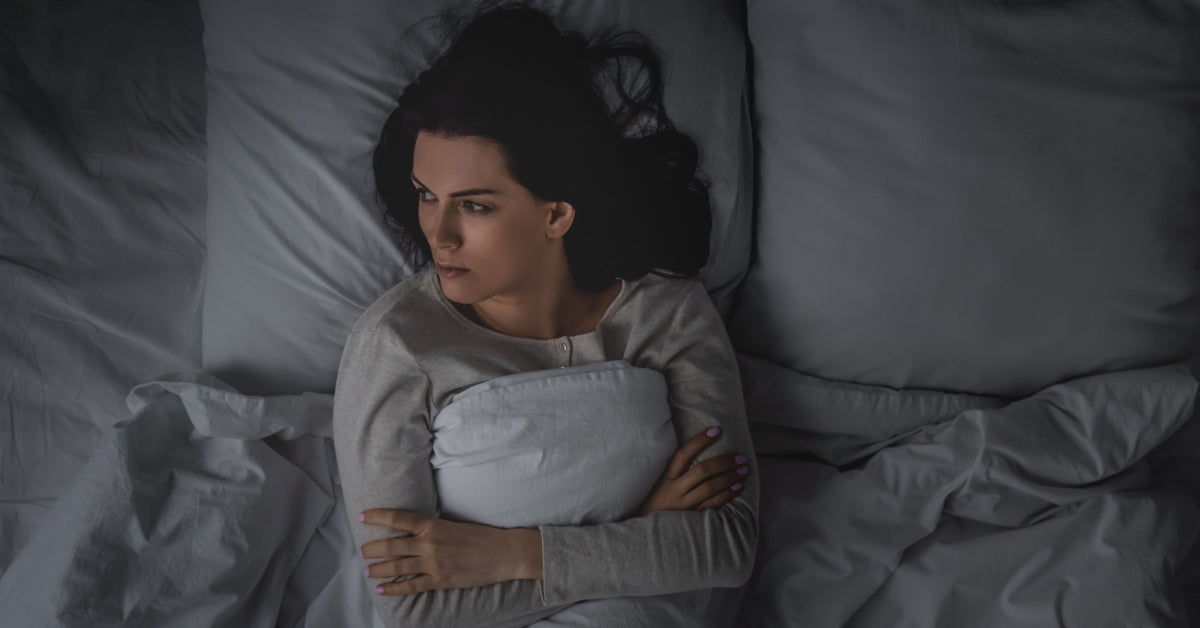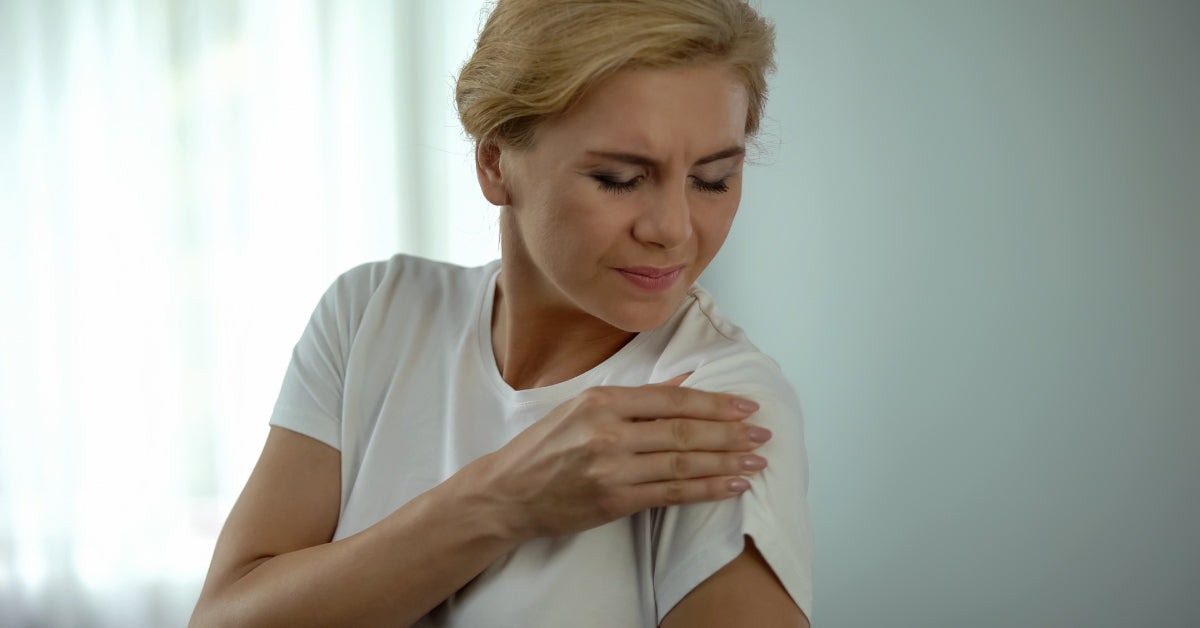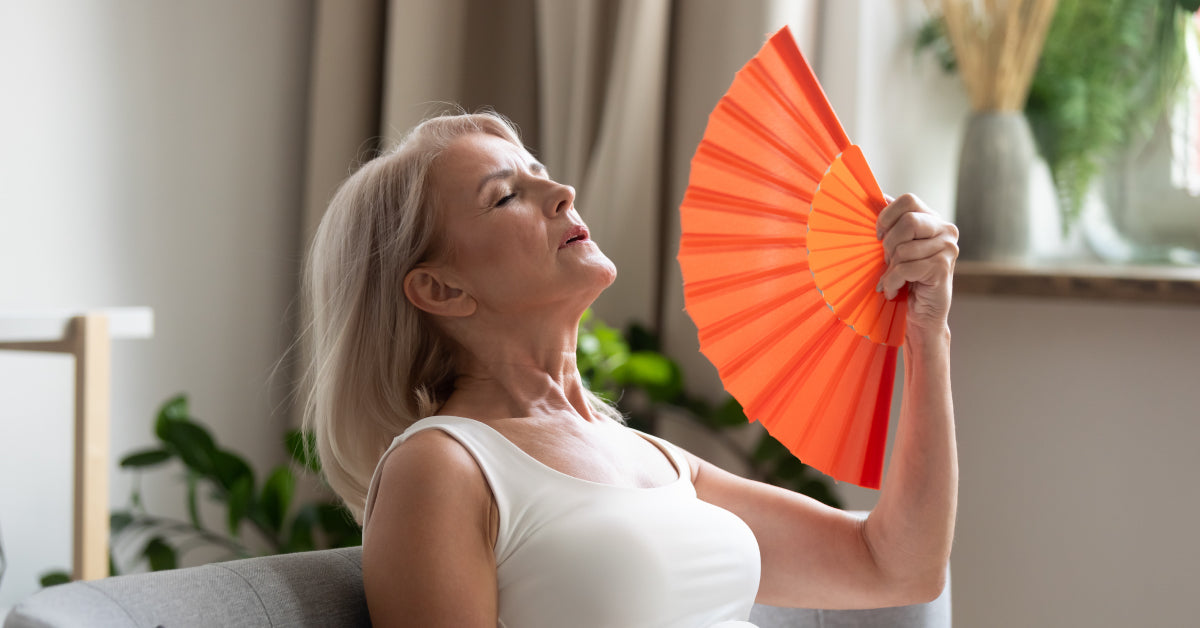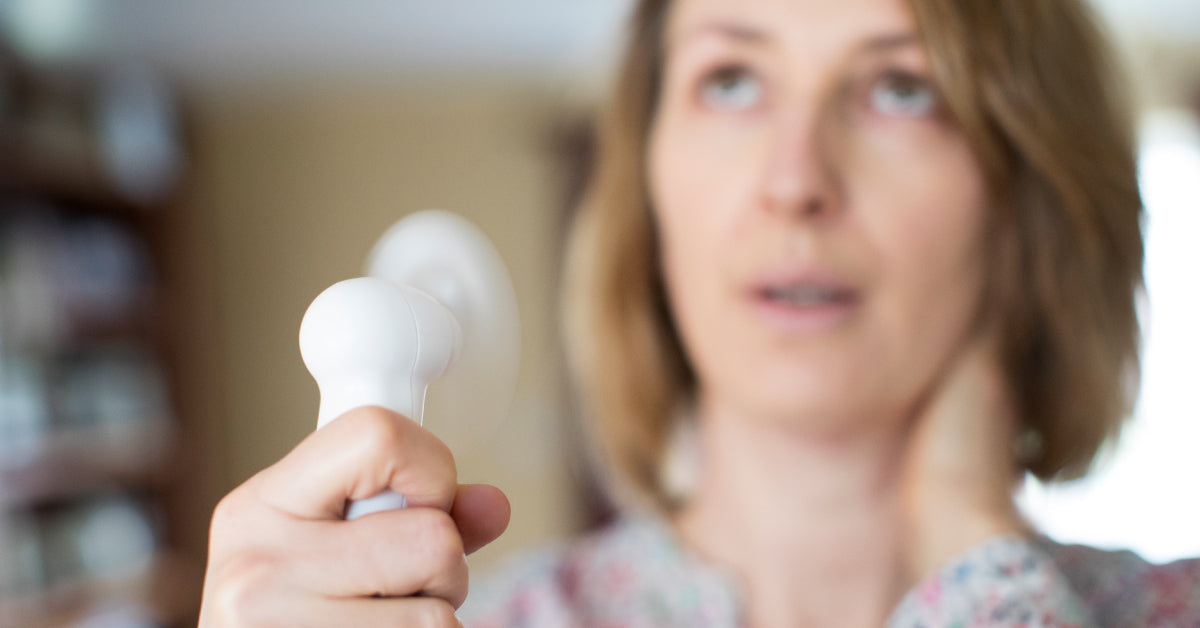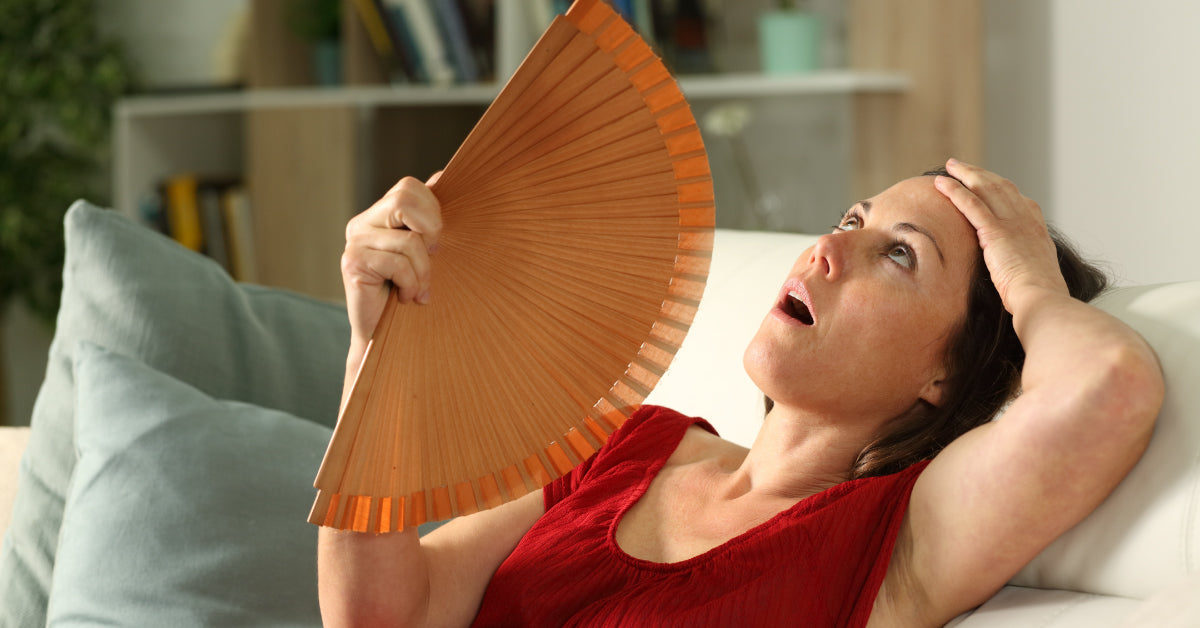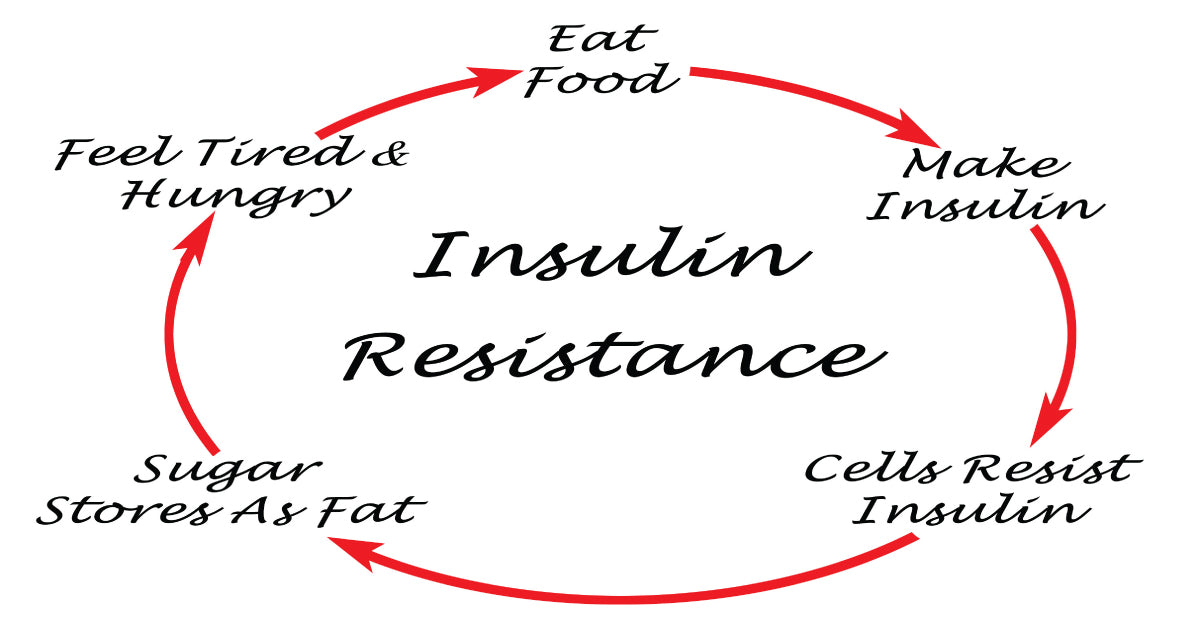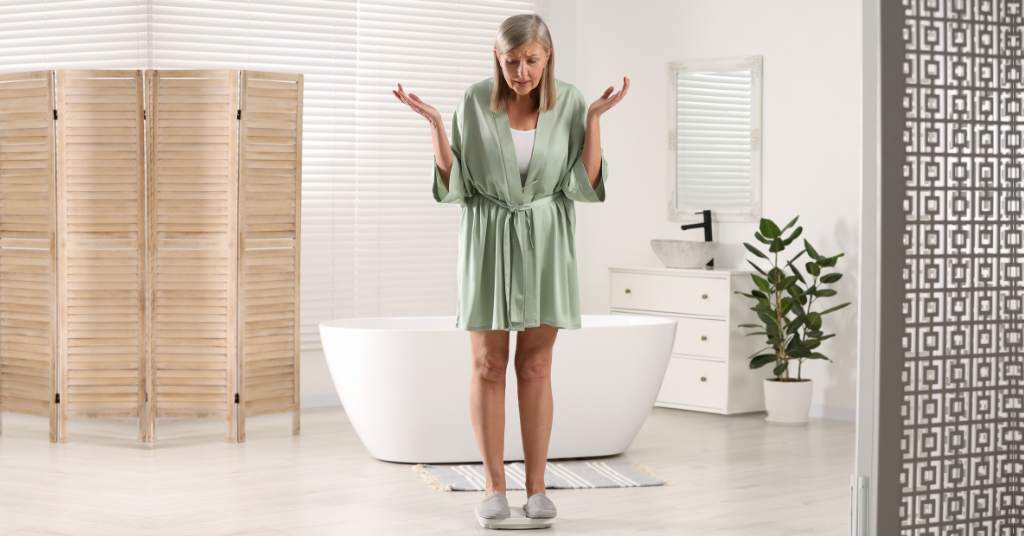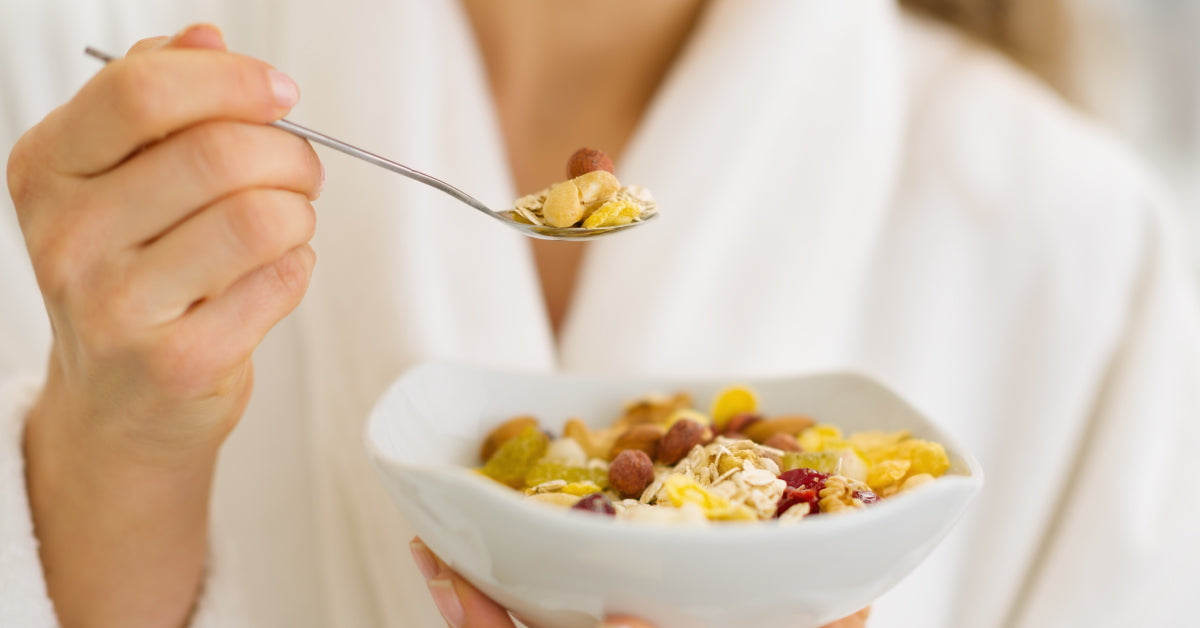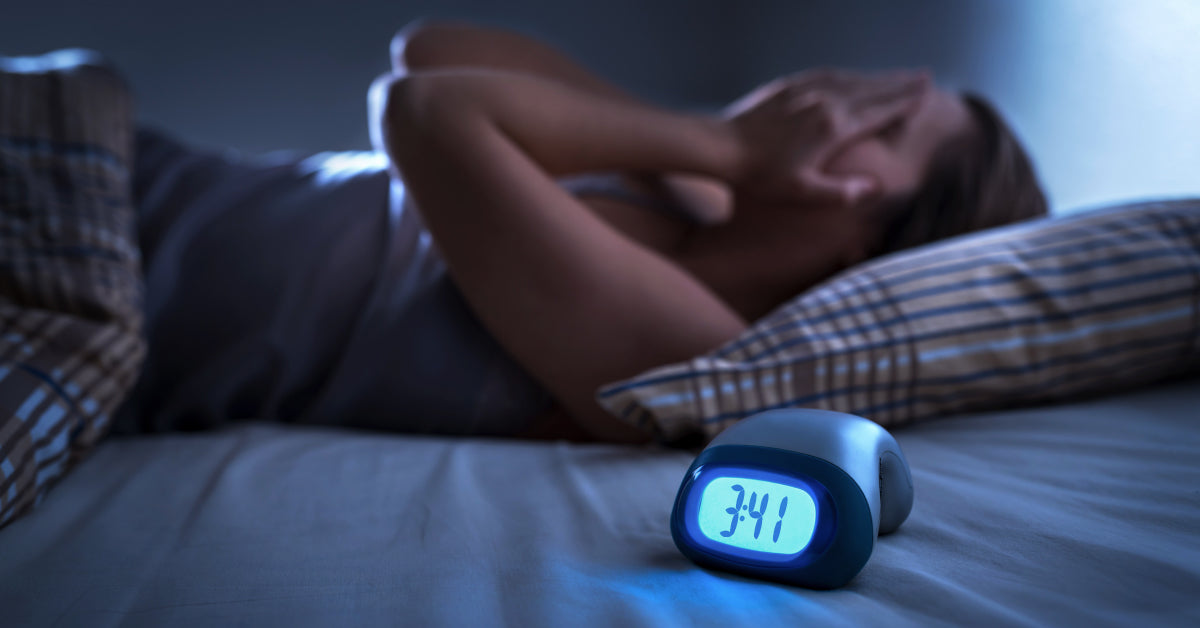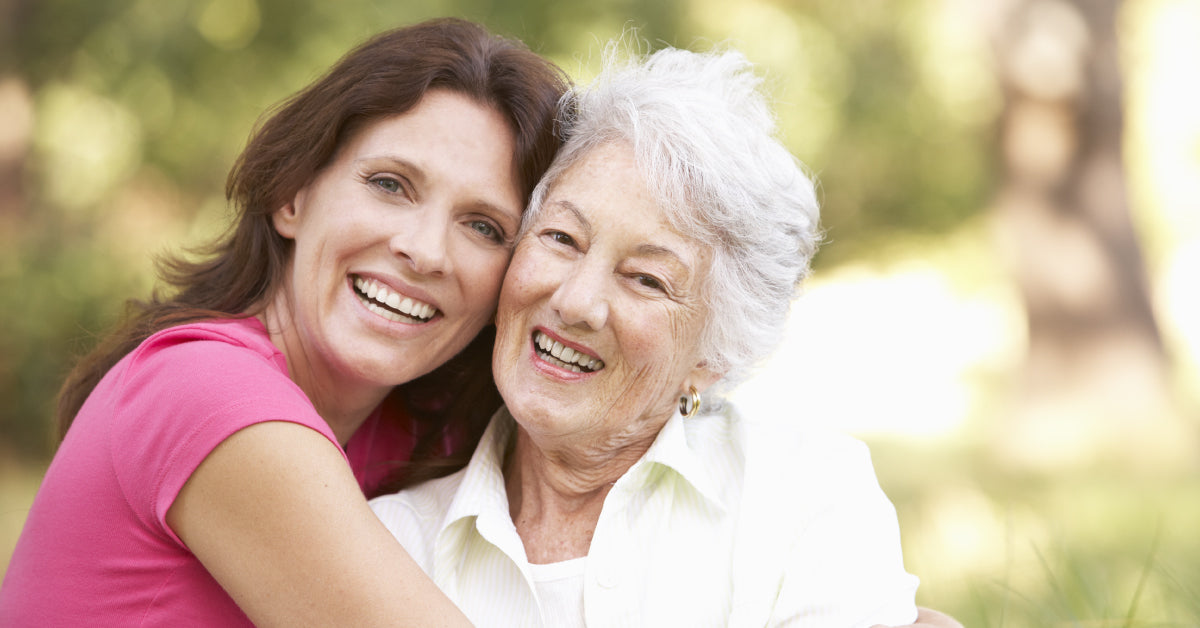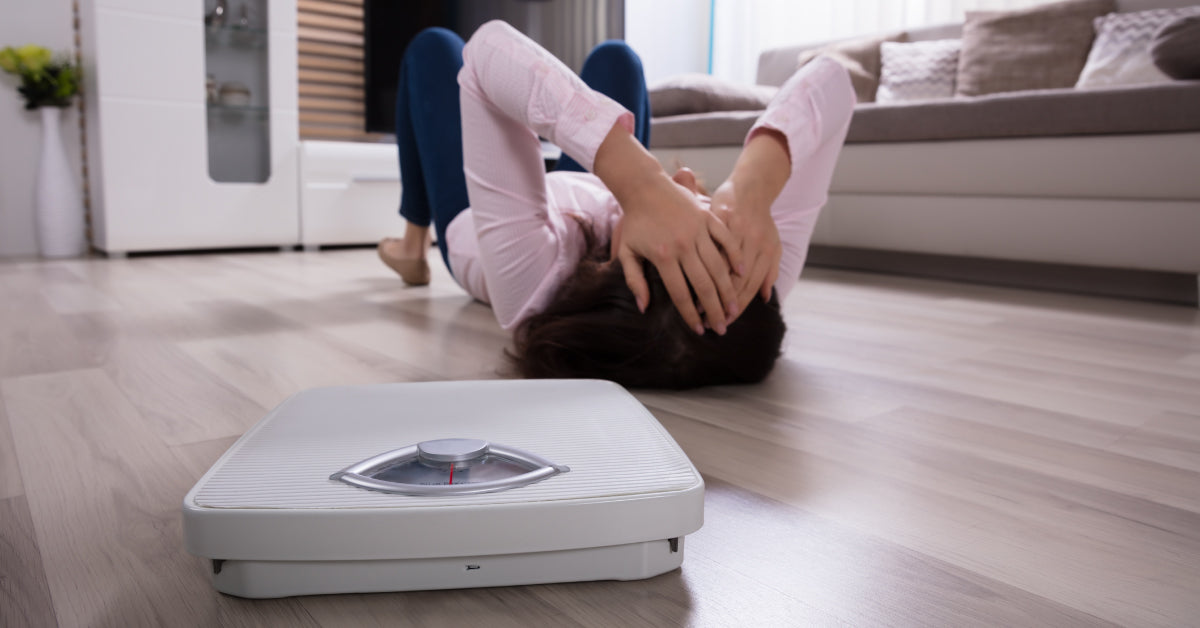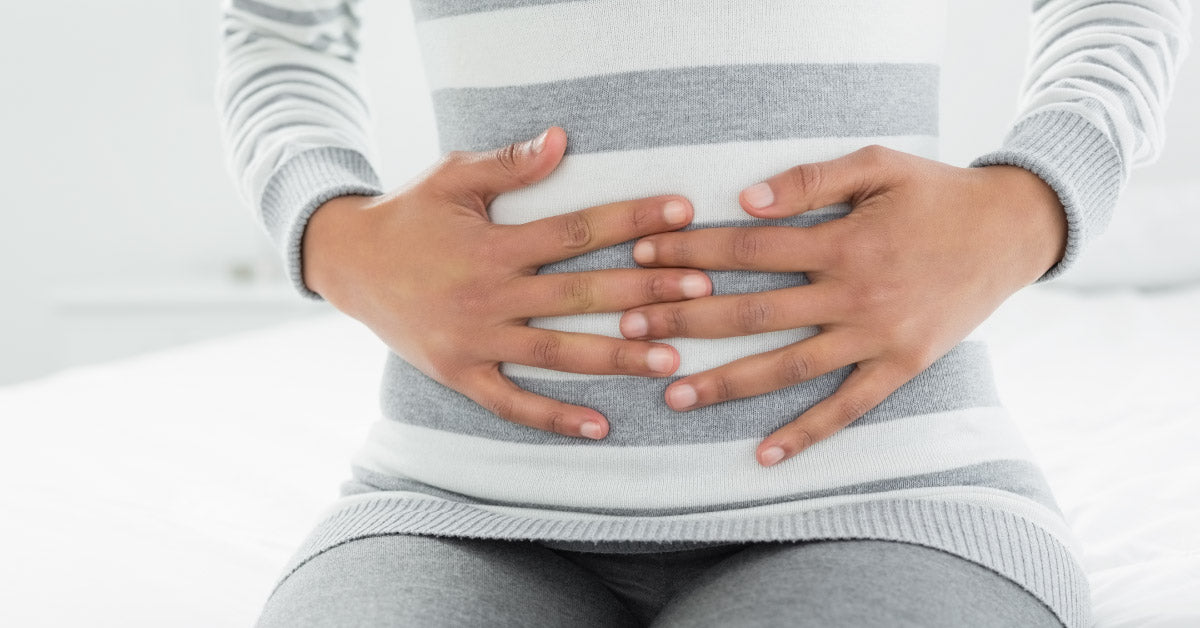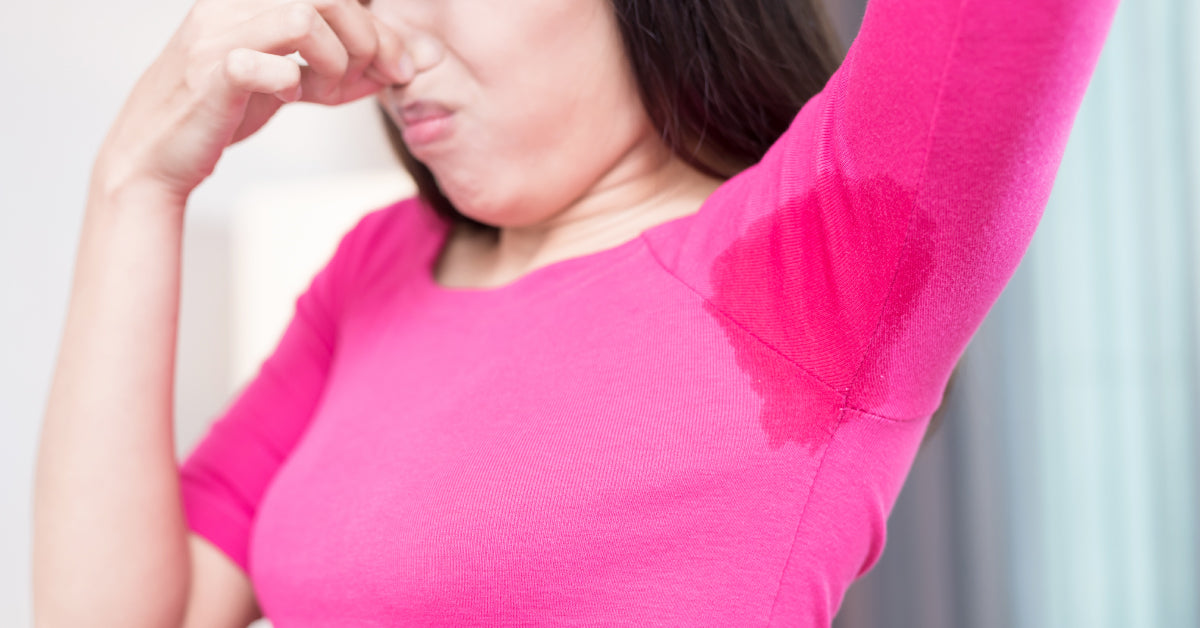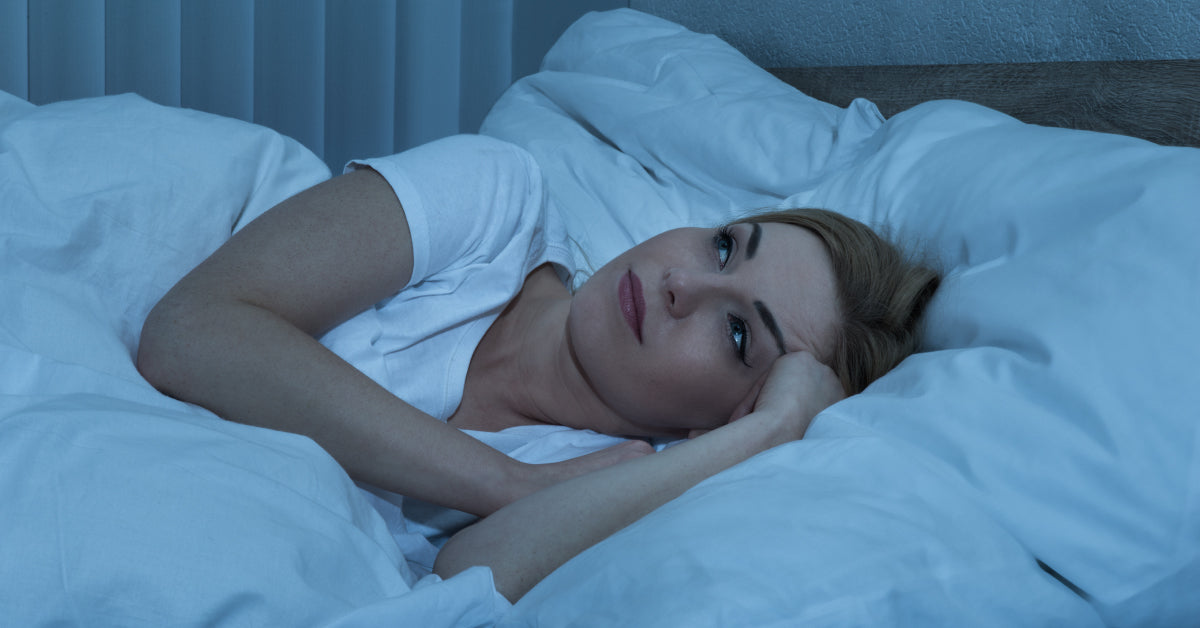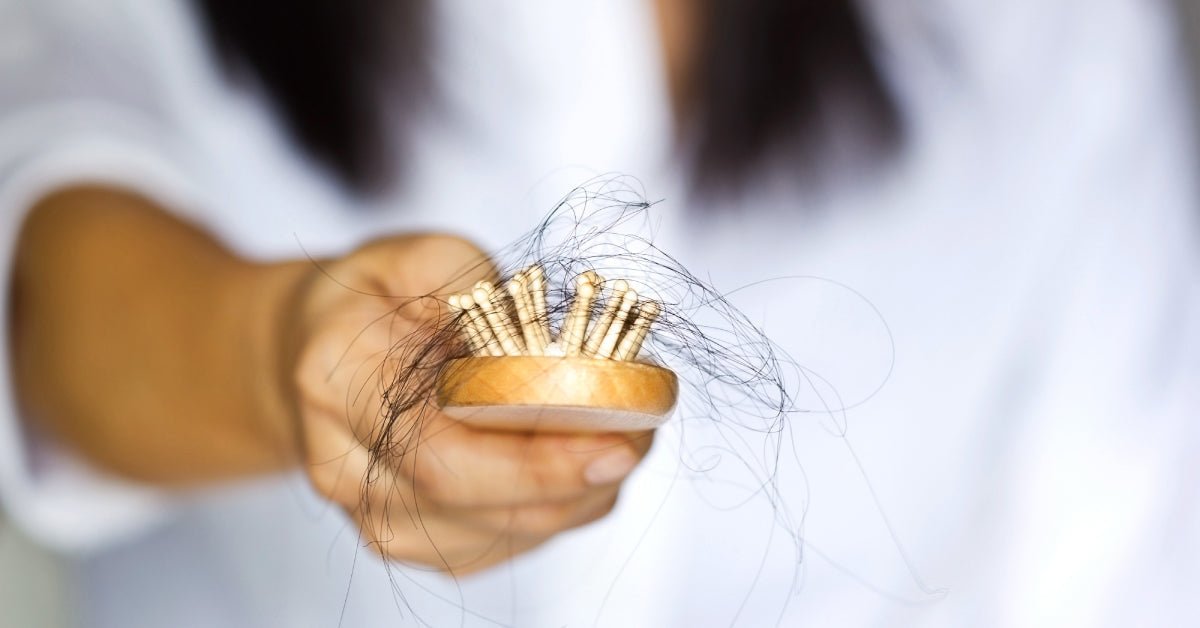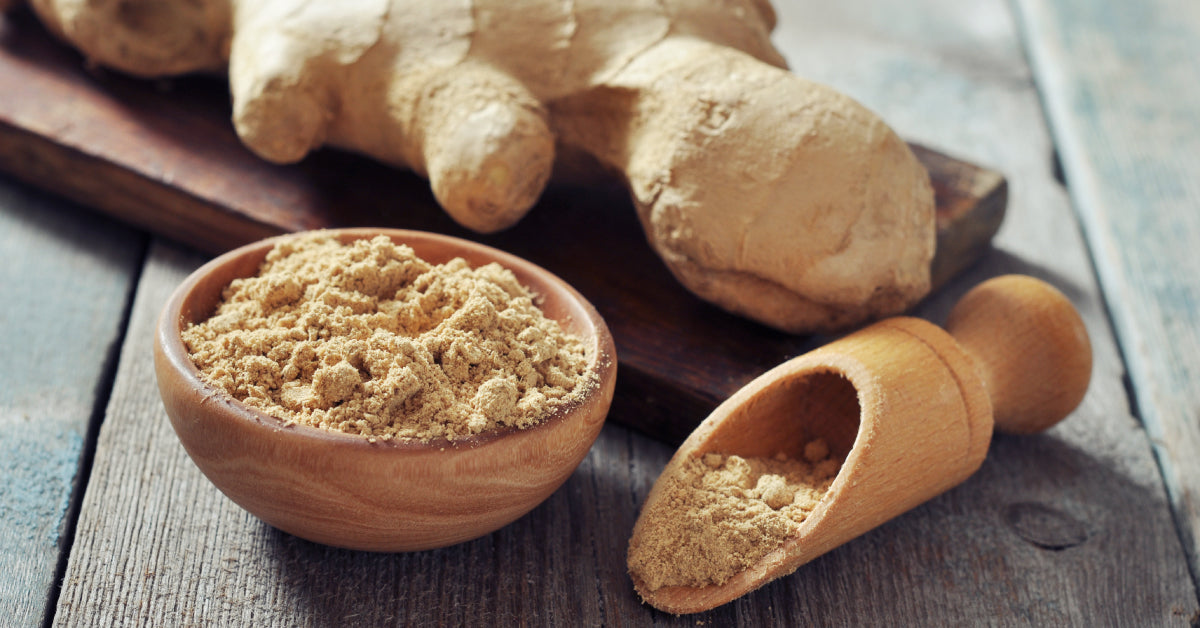Hot flushes are one of the most common symptoms of menopause, and for many South African women, they become even harder to cope with during the hot summer months. When your body is already battling the heat outside, a sudden rush of warmth from within can feel overwhelming. The good news is that there are ways to stay cool, comfortable, and in control, even when the temperature rises.
What Are Hot Flushes
A hot flush is a sudden feeling of intense warmth that spreads through the upper body, often most noticeable in the face, neck, and chest. It may cause redness, sweating, and even a rapid heartbeat. Some women experience mild flushes that pass quickly, while others have stronger episodes that leave them drenched in sweat and feeling drained. Hot flushes can occur at any time of the day or night, and when they happen during sleep, they are often called night sweats.
Why Does Menopause Cause Hot Flushes
Hot flushes are closely linked to the hormonal changes that happen during menopause. As estrogen levels decline, the part of the brain that regulates body temperature becomes more sensitive. This can trick the body into thinking it is overheating, even when it is not. To cool down, blood vessels near the skin expand, causing the sudden wave of heat and sweating that many women know all too well. These hormonal shifts are natural, but they can make daily life and restful sleep more difficult.
Why Hot Flushes Feel Worse in Summer
In summer, when the air is already warm, your body struggles even more to regulate its temperature. The result is flushes that feel stronger, last longer, and happen more often. Heat and humidity add extra pressure on your body’s natural cooling system, which is already sensitive due to hormonal changes.
Many women also find that their summer habits can trigger or intensify flushes. Spending more time outdoors, enjoying braais, or exercising in the heat can all raise your core temperature. Even things like hot showers, spicy foods, and warm evenings without proper airflow can set off a flush more easily.
Sleep can also be affected during summer. Warm nights make it harder for the body to cool down, which means night sweats become more common and more disruptive. The combination of disturbed sleep and frequent daytime flushes can leave you feeling drained, irritable, and less able to enjoy the season.
By understanding how summer heat interacts with your body, you can take simple steps to reduce the impact and regain control.
Practical Cooling Tips for Everyday Life
-
Choose the right clothes: Light, breathable fabrics like cotton help your skin stay cool. Loose fits also allow better airflow.
-
Stay hydrated: Keep a bottle of cold water with you. Dehydration can intensify flushes.
-
Cool down your space: Fans, open windows, or a damp cloth on your neck can quickly bring relief.
-
Avoid known triggers: Hot drinks, caffeine, spicy foods, and alcohol often make flushes worse. Swapping them for lighter options can make a noticeable difference.
-
Time your activities: If possible, avoid strenuous outdoor activity during midday heat. Early mornings or late afternoons are cooler and easier on your body.
Natural Relief with Manna Health Hot Flush Gel
Lifestyle changes can help, but sometimes you need fast, targeted relief. This is where Manna Health Hot Flush Gel comes in. Specially formulated with natural plant extracts, it provides an almost instant cooling effect when applied to the skin. It helps soothe and refresh during a flush, bringing quick comfort without any hormones or harsh chemicals.
Simply apply a small amount of gel to the back of your neck, chest, inner arms, or behind your knees whenever you feel a flush coming on. The cooling sensation works within moments, helping you feel calmer and more in control, no matter how hot the day gets.
Enjoy Summer Again
Hot flushes may be a normal part of menopause, but they do not have to control your life or your summer. With smart daily habits and the natural relief of Manna Health Hot Flush Gel, you can stay cool, comfortable, and confident all season long.





